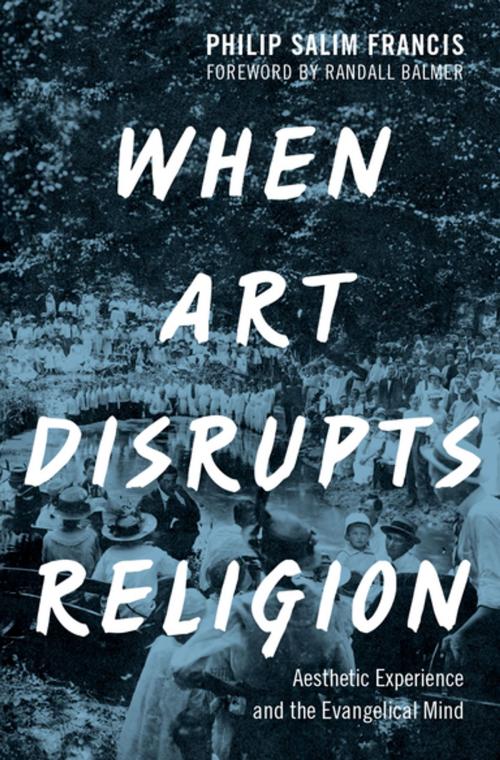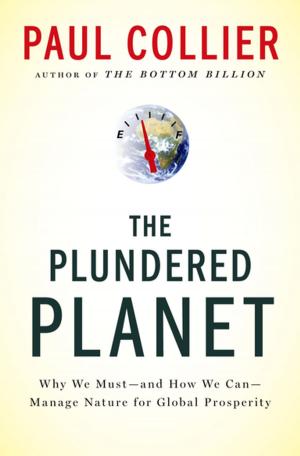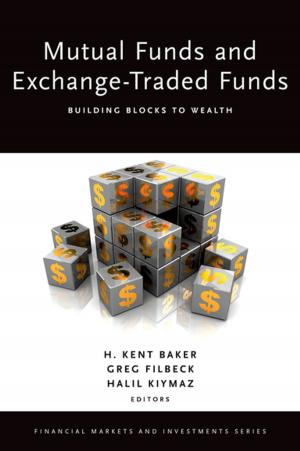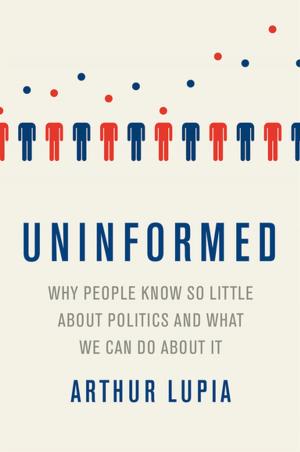When Art Disrupts Religion
Aesthetic Experience and the Evangelical Mind
Nonfiction, Religion & Spirituality, Reference, Ritual & Practices, Christianity, Christian Life| Author: | Philip S. Francis | ISBN: | 9780190279783 |
| Publisher: | Oxford University Press | Publication: | February 1, 2017 |
| Imprint: | Oxford University Press | Language: | English |
| Author: | Philip S. Francis |
| ISBN: | 9780190279783 |
| Publisher: | Oxford University Press |
| Publication: | February 1, 2017 |
| Imprint: | Oxford University Press |
| Language: | English |
The stories gathered in these pages lay bare the power of the arts to unsettle and rework deeply ingrained religious beliefs and practices. This book grounds its narrative in the accounts of 82 Evangelicals who underwent a sea-change of religious identity through the intervention of the arts. "There never would have been an undoing of my conservative Evangelical worldview" confides one young man, "without my encounter with the transcendent work of Mark Rothko on that rainy afternoon in London's Tate Modern." "The characters in The Brothers Karamazov began to feel like family to me," reports another individual, "and the doubts of Ivan Karamazov slowly saturated my soul." As their stories unfold, the subjects of the study describe the arts as sources of, by turns, "defamiliarization," "comfort in uncertainty," "a stand-in for faith" and a "surrogate transcendence." Drawing on memoirs, interviews, and field notes, Philip Salim Franics explores the complex interrelationship of religion and art in the modern West, and offers an important new resource for on-going debates about the role of the arts in education and social life.
The stories gathered in these pages lay bare the power of the arts to unsettle and rework deeply ingrained religious beliefs and practices. This book grounds its narrative in the accounts of 82 Evangelicals who underwent a sea-change of religious identity through the intervention of the arts. "There never would have been an undoing of my conservative Evangelical worldview" confides one young man, "without my encounter with the transcendent work of Mark Rothko on that rainy afternoon in London's Tate Modern." "The characters in The Brothers Karamazov began to feel like family to me," reports another individual, "and the doubts of Ivan Karamazov slowly saturated my soul." As their stories unfold, the subjects of the study describe the arts as sources of, by turns, "defamiliarization," "comfort in uncertainty," "a stand-in for faith" and a "surrogate transcendence." Drawing on memoirs, interviews, and field notes, Philip Salim Franics explores the complex interrelationship of religion and art in the modern West, and offers an important new resource for on-going debates about the role of the arts in education and social life.















